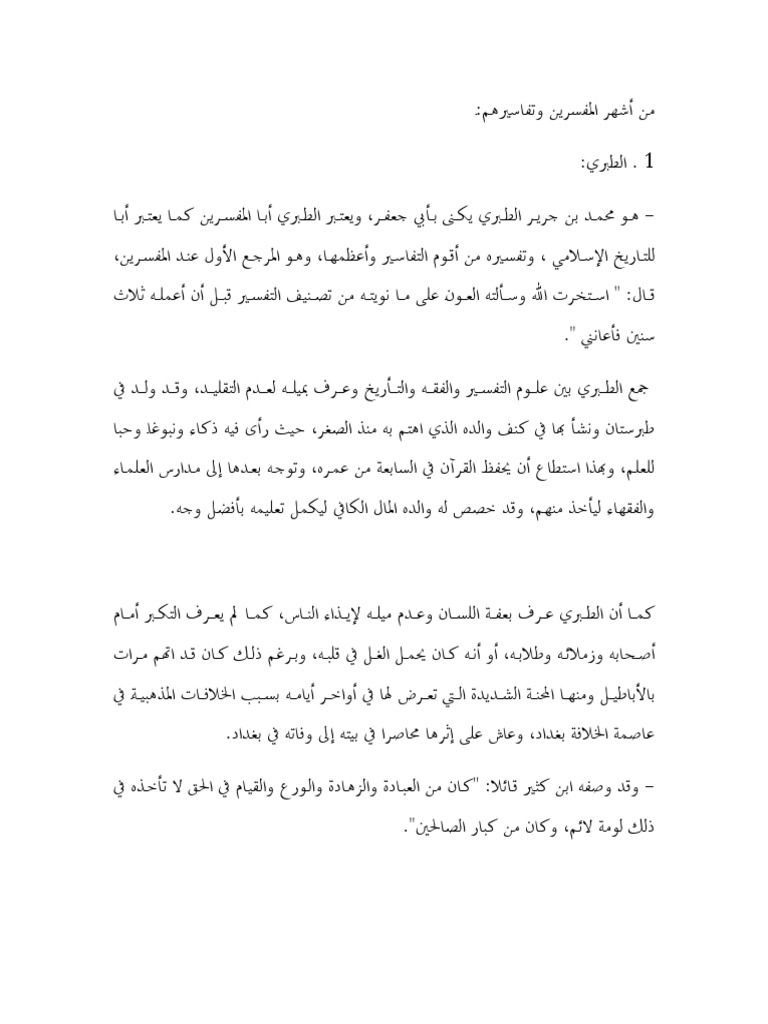A significant feature of “Tafsir al-Numani” is its emphasis on prophetic traditions (Hadith) as a vital source of Islamic knowledge. The tafsir references a multitude of narrated sayings to substantiate interpretations and uphold theological assertions. By utilizing both Qur’anic verses and Hadith, al-Nu’mani fosters a holistic understanding of religious injunctions, bridging gaps between the text and the lived experiences of believers. This methodology inspires a comprehensive grasp, prompting adherence to a religion not solely defined by ritual, but by a profound moral framework significant in daily life.
Furthermore, al-Nu’mani’s exploration of the concept of Imamat within his tafsir enriches the Shia understanding of leadership and authority in Islam. He elucidates the characteristics and virtues of the Imams, illustrating their role as interpreters and guardians of divine wisdom. The significance of Imamat extends beyond historical narrative; it denotes a spiritual continuum linking the past, present, and future of Islamic belief. The awareness of divine guidance through the Imams offers hope and strengthens the community’s resolve in navigating challenges, reinforcing their faith in a just and prosperous future.
Another notable aspect of “Tafsir al-Numani” lies in its approach to ethical and moral teachings. Al-Nu’mani ardently contends that the Qur’an serves not merely as a codex of divine law but as a guide to ethical living. He emphasizes the need for moral rectitude and the cultivation of virtuous character among believers. Through a careful analysis of verses that advocate for justice, compassion, and sincerity, he imbues a sense of responsibility in adherents, urging them to embody these principles in their interactions with others.
Tags
Share this on:
[addtoany]


